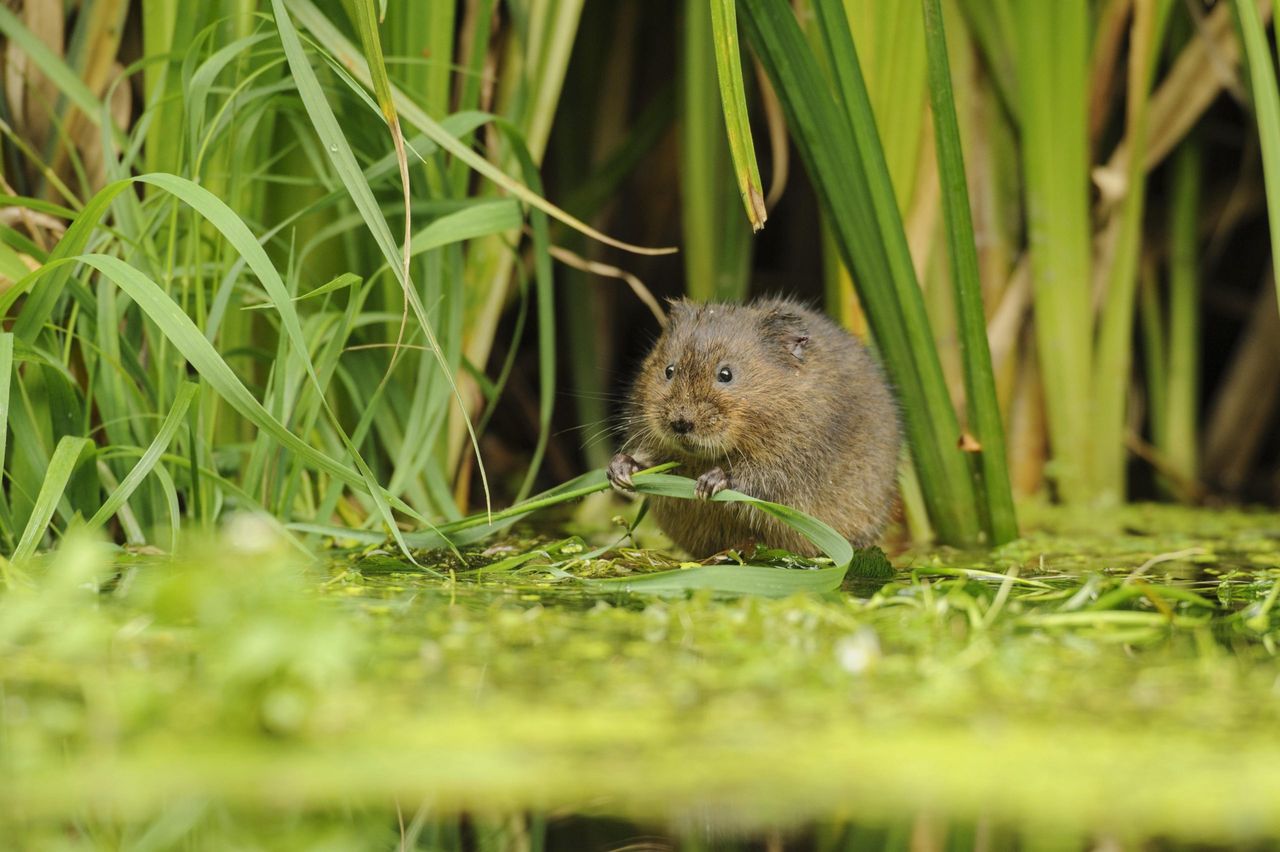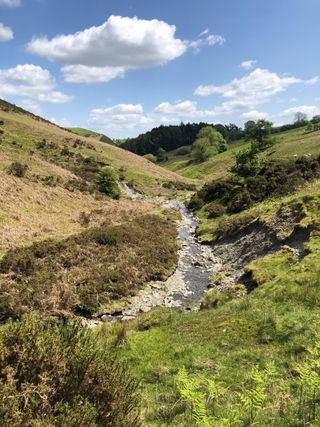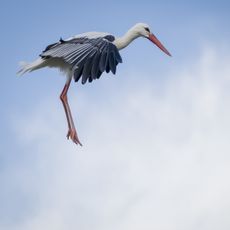The Wilder Marches project to restore, recover and create new wildlife habitats in England and Wales
James Fisher takes a look at an ambitious new project which will look to boost nature across a quarter of a million acres of Britain.


An ‘ambitious’ Nature-recovery project spanning the English and Welsh border has been announced by The Wildlife Trusts. The project, titled Wilder Marches, aims to restore, recover and create habitats across the Marches region, according to the charity. Wilder Marches will involve four counties (Shropshire, Herefordshire, Montgomeryshire and Radnorshire) and three river catchments in an attempt to help rare species, such as curlew, pine marten and freshwater pearl mussel, recover through ‘regenerative farming and emerging green-finance opportunities’.
The Marches is an almost 250,000-acre natural and cultural landscape straddling the border of England and Wales and encompassing the headwaters of the River Lugg, River Teme and River Clun. Although it contains areas of heathland and peatland, flower-rich meadows, wood pasture and ‘ffridd’ (a special upland habitat of scrub and grassland), The Wildlife Trusts says: ‘The Marches also have areas of intensive farming, as well as extensive forestry plantations where Nature is struggling to thrive.’
The Wilder Marches project intends to use the reform of farming subsidies to work with landowners and communities to ‘develop new business models that will help sustain farm incomes [as well as] allowing Nature to be restored across the farmed landscape’. Together with protecting rare species, the project also intends to ‘restore and create lost habitats, including peatlands, native woodlands and grasslands’, and ‘re-establish natural processes across river channels, floodplains and wetlands to help reduce the risk of flooding and improve water quality’. A key focus will involve creating what The Wildlife Trusts calls ‘investible landscapes’, which will link farmers and landowners to ‘emerging green-finance opportunities to help generate viable income streams’.

‘With the impending loss of Basic Payments, our industry will see a step change in the way we produce food,’ says Herefordshire farmer Tony Norman. ‘We must improve our soils, reduce our costs and “stack up” other sources of income. Accessing payment for services, such as carbon capture and storage, biodiversity net gain and flood control, will enable improvements in linking vital Nature habitats, as well as supporting activity such as hedgerow management and tree planting.’
The announcement comes at the same time as the Government came in for heavy criticism from the NFU over the delay to introducing new farm payment schemes, such as the Sustainable Farming Incentive (SFI). In a statement last week, the NFU’s president, Minette Batters, called on the Government to ‘do the right thing’ and halt any further reductions in existing farm payments. ‘With farm input costs through the roof and interest rates soaring, this leaves farmers in a perilous place,’ she added. ‘The old scheme goes, the new one’s not ready and farm businesses are caught in the middle. That’s not fair and we are calling on ministers to recognise that and make it right.’ A further casualty of the delay in the new payments system is the environment, the NFU says, as the environmental targets that the new scheme has legislated for (‘public money for public goods’) cannot begin without adequate funding.
‘With the scale of the roll out of SFI 23 still unclear and with many farmers still not sure what they need to do to apply, the current situation needs to be resolved quickly,’ added NFU vice-president David Exwood. ‘The Government needs to pause basic-payment reductions until it can fairly deliver their replacements, otherwise it is farming businesses and farming families that are left bearing the cost.’
This article appears in Country Life's 13 September 2023 edition. You can subscribe to the magazine here.
Sign up for the Country Life Newsletter
Exquisite houses, the beauty of Nature, and how to get the most from your life, straight to your inbox.

James Fisher is the Deputy Digital Editor of Country Life. He writes about property, travel, motoring and things that upset him. He lives in London.
-
 A well-connected rural playground with 23 acres on the edge of the South Downs National Park
A well-connected rural playground with 23 acres on the edge of the South Downs National ParkOld House Farm is an impressive family home with a wealth of amenities that would inspire any rural passion.
By Arabella Youens Published
-
 The UK gets its first ‘European stork village’ — and it's in West Sussex
The UK gets its first ‘European stork village’ — and it's in West SussexAlthough the mortality rate among white storks can be up to 90%, the future looks rosy for breeding pairs in southern England.
By Rosie Paterson Published